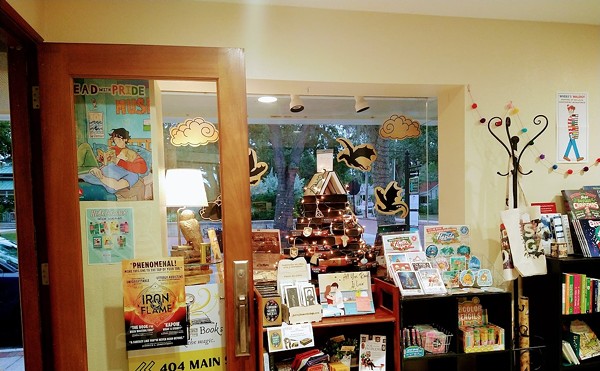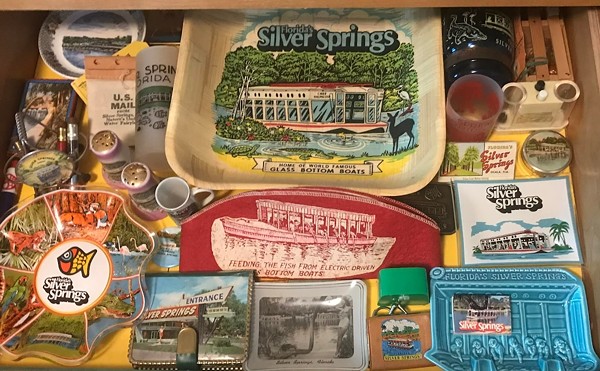Spoiler Alert for those that have read my first book, DeLafrass Award Winner The Grandfather Clock (that’s a fiction award… I mean fictitious award.) There’s a death early in the sequel. I’ll admit it. I don’t care. This isn’t "Game of Thrones". On to my column:
The other day I sat down with my editor for the first discussion about my new book, The Napoleon Bloom. She is my hired gun. As with my first book, I am paying her to mercilessly shred my novel like my 11th grade English teacher destroyed my “I Search” paper, before giving me an "A" (Hi Miss Roy, I’m a writer!).
My editor has not yet read one word of this sequel. Before reading a word she stirred her tea in a sinister way and said:
“So, obviously you want to kill off the girlfriend at beginning of the second book, but that’s too cliché, you can’t do that.”
Damn it. How did she do that?
Without even reading a word, she’s already shot a cannon hole through the inciting incident. The problem is, the character needed to go — my editor may try to save her life — but like female leads in Indiana Jones movies, we needed to move on.
The reason I bring this up is to illustrate that really good content editing is going to expose the lazy tropes that seem oh-so-good but can be oh-so-bad. Writing a thriller/romance/fantasy, you have rules your readers expect you to follow (no five page sex scene in a thriller) but there are things to avoid (the hero emerging from an explosion carrying his love interest — puh-lease.) It’s a fine line. The rules are there because they work. They define the genre and what appeals to the readers. It can be hard to draw the line between brilliant use of these themes and unoriginal cliché. Your content editor must have their cliché-meter set to a hyper-sensitive level. He or she need to call everything into question. If they don’t, your book will never stand out.
This is what makes good books good, and average books average (and every Dean Koontz book a Dean Koontz book). Case in point: I just read The Art Forger by B.A. Shapiro (in large part because my next book has a bit of art trickery in it and I wanted to make sure I didn’t unintentionally rip something off). I enjoyed the book, don’t get me wrong. But at one point in the story Shapiro really really, really wanted the heroine to be present for this revealing moment (like Geraldo opening Al Capone’s vault.) This happened in spite of the fact that under no circumstance ever in real life would she have been allowed to be there. Ultimately, it was fairly meaningless to the story, other than undermining some of its believability. As a writer I was so disappointed — not in B.A. Shapiro, but in her editor for not insisting that she change that minor element of the story. Most readers might not care, but it was a revealing mistake for me.
In another book I just read, the main character receives a “white manila envelope.” Last time I checked (and I checked) manila is the color of the envelope. She probably received a large white envelope, but it wasn’t manila. It’s this sort of nitpickiness that makes me arrogant enough to think I can pull this off.
These issues aren’t black and white (or manila), and that’s why it’s so hard. That’s why I have to kill a character even though it’s sooooooooo predictable. It’s in how you handle it and your content editor can’t be afraid to drop a nuclear bomb on your story. Better her than a bunch of readers wielding Amazon ratings.
It’s going to get interesting when she actually starts reading it.
By day Jonathan Kile is a peddler of petroleum products, navigating a Glengarry Glen Ross landscape of cutthroat sales. By night he assumes the identity of novelist and child-wrangler. Jonathan’s first published novel The Grandfather Clock is available on Amazon. He's writing his second and third novels, blogging at Well-Oiled Writer and cursing his editor. You can email him at [email protected].
















